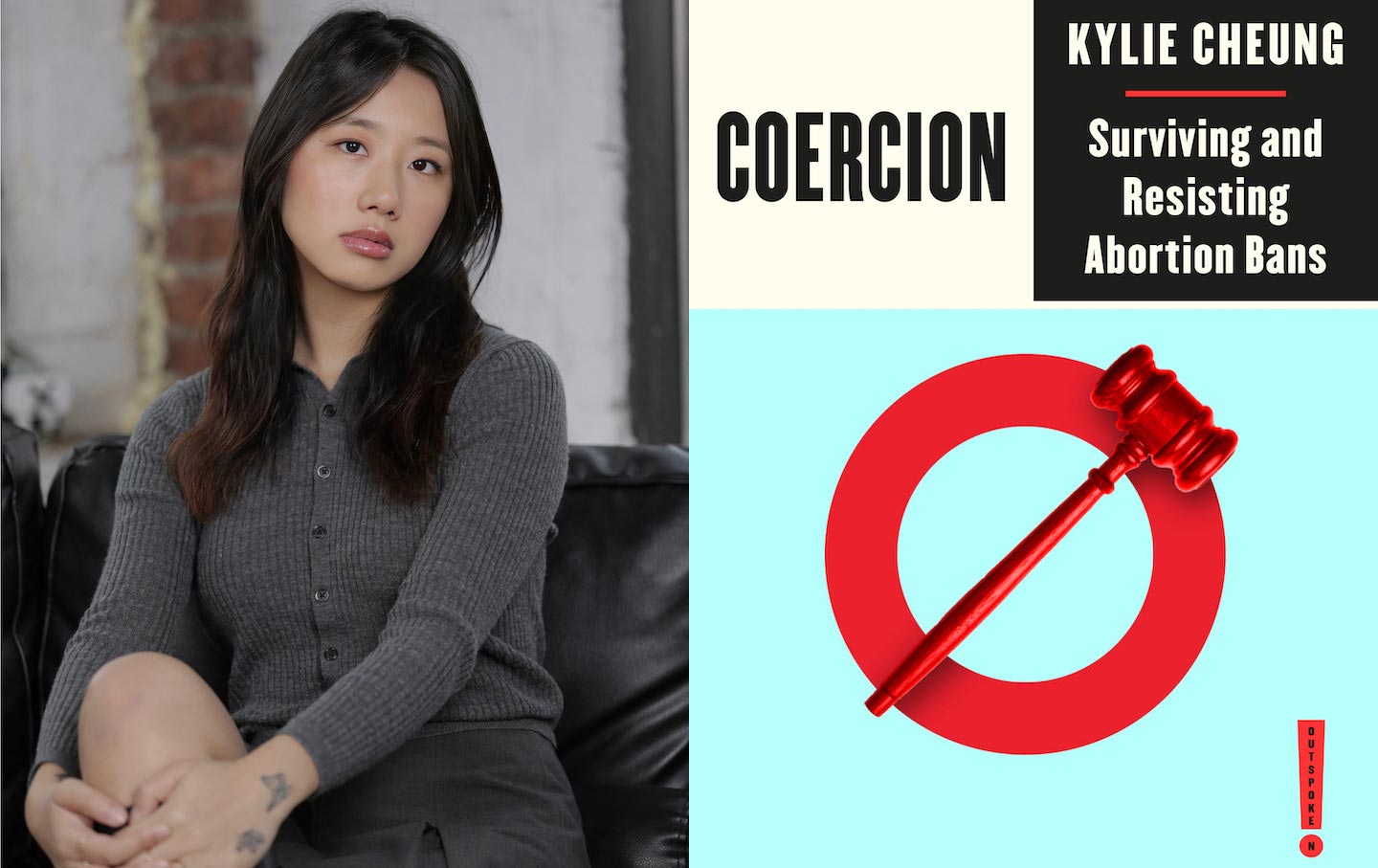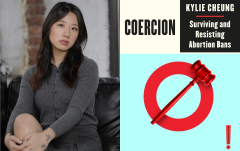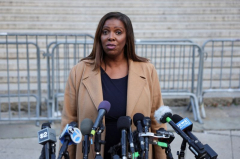Society
/
Q&A
/
August 7, 2025
The author’s new book explores how the Dobbs decision “created new avenues through which the state and abusive figures can collaboratively punish and control their victims.”
The author’s new book explores how the Dobbs decision “created new avenues through which the state and abusive figures can collaboratively punish and control their victims.”

Writer Kylie Cheung’s new book, Coercion: Surviving and Resisting Abortion Bans, opens with a description of two pregnancy-related court decisions. One you’ve heard of: Dobbs v. Jackson Women’s Health Organization, the 2022 Supreme Court decision overturning the federal right to abortion. The second you likely haven’t: It’s McKenna v. Miller, a 2013 New York court decision that awarded child custody to Olympic skier Bode Miller after he sued his pregnant ex-partner Sara McKenna, who had moved from California to New York. The court declared McKenna’s “appropriation of the child while in utero” to be “irresponsible” and “reprehensible.” (An appeals court later reversed the decision.)
Cheung’s book connects the dots between these two decisions, showing how courts have often enabled reproductive coercion. Dobbs opened a new era of such coercion, Cheung shows, “creat[ing] new avenues through which the state and abusive figures can collaboratively punish and control their victims.” Cheung is a staff reporter at the newsletter Abortion, Every Day, author of Survivor Injustice, and a former staff writer at Jezebel.
I spoke to her in late July. This conversation has been edited for length and clarity.
—Amy Littlefield
Amy Littlefield: Tell me your definition of reproductive coercion and talk about the various forms it can take.
Kylie Cheung: The baseline definition that I use in the book is acts to punish or to control someone’s reproductive decisions. That can and often does come from [an] abusive partner, but I also argue that abortion bans and the different anti-abortion laws are also reproductive coercion. In the summer of 2023, the National Domestic Violence Hotline shared that calls involving reproductive coercion to their hotline had doubled between the year before Dobbs and the year after. One of those stories, which I include in the book, was a caller whose partner stole her birth control, resulting in an unwanted pregnancy, and she’s living a state that bans abortions. There were also many cases that the hotline flagged in a survey the following year that showed about 200 people said an abuser had threatened to call police on them if they sought abortion care or threatened to sue them if they did.
Anti-abortion lawmakers will often claim that their laws do not punish women, even though forced pregnancy itself is punishment. But the reality is that these laws are very confusing. While they don’t explicitly criminalize the pregnant person, it’s a natural conclusion that someone might make, if something is banned, that they could go to jail. That misinformation and confusion is very much exploited by abusive partners.
Current Issue

Another way that I see reproductive coercion in play is that a lot of domestic violence victims have told the hotline that access to a nearby reproductive health clinic was lifesaving for them. We’ve had these laws even before Dobbs—targeted regulations of abortion provider (TRAP) laws, for example—that are designed to shut these clinics down. That is also very violent toward victims, I would argue.
Something else that stood out to me was in 2024, researchers estimated that in the span of just over a year, there had been almost 65,000 rape-induced pregnancies in states that banned abortion. Rape-induced pregnancies can tie someone to their abuser for a lifetime.
AL: Your book really demonstrates how anti-abortion laws can be wielded against people who are already dealing with domestic violence.
KC: I’m sure you’ve been following those cases led by the extremist anti-abortion attorney Jonathan Mitchell. One of them was dragged out for almost two years, and it was targeting women who had helped [a Texas man named Marcus Silva’s] ex-partner have an abortion. There are a couple other cases where the crux is essentially the same: trying to wield the legal system to expose anyone who helps someone potentially have an abortion.
One of the most chilling things that we saw earlier this year: The Washington Post reported that the Texas attorney general’s office was working to recruit men to file litigation like this. I think that goes back to the case that I mentioned in the introduction of the book, McKenna v. Miller. Maybe these men really do know what they’re signing up for; maybe they are anti-abortion extremists, and they know deeply the implications of what they’re doing. But what seems more likely is that states like Texas and anti-abortion activists understand that there are so many men out there who want to punish and control their partners. Regardless of whether these men know or care very much about abortion policy, they have the same goal, and so this is a natural alliance.
AL: For the book, Sara Ainsworth of the legal advocacy group If/When/How told you, “Most of the people experiencing criminal and legal threats over their pregnancy, who call [If/When/How’s Repro Legal Helpline], are also experiencing domestic abuse.” It really struck me that there is a whole class of people in this country who are experiencing all these threats at once.
KC: A few years ago, I spoke to an expert at Pregnancy Justice, and something that she raised was, you don’t need an abortion ban to criminalize pregnancy. Even before Dobbs when so many people were criminalized related to pregnan





